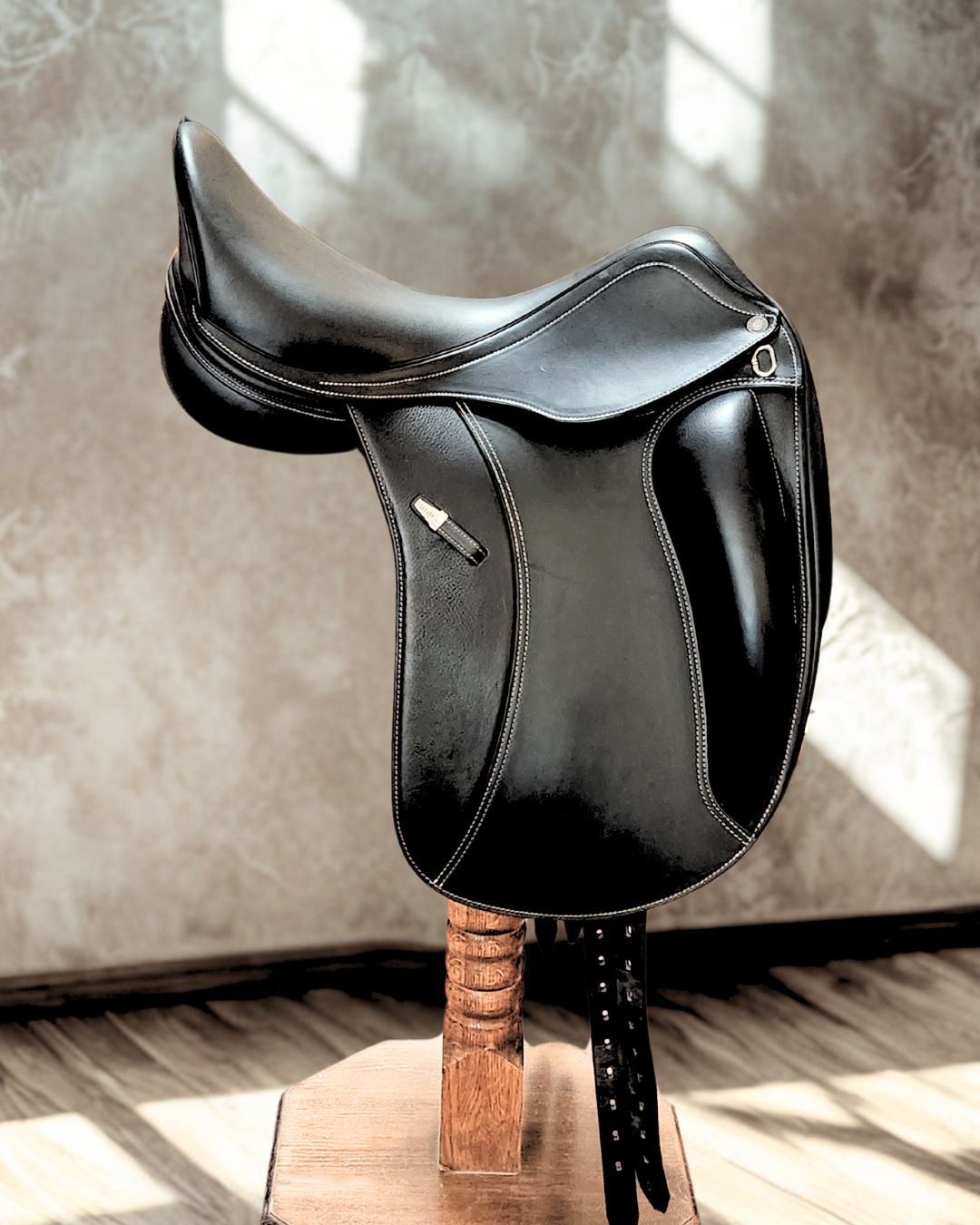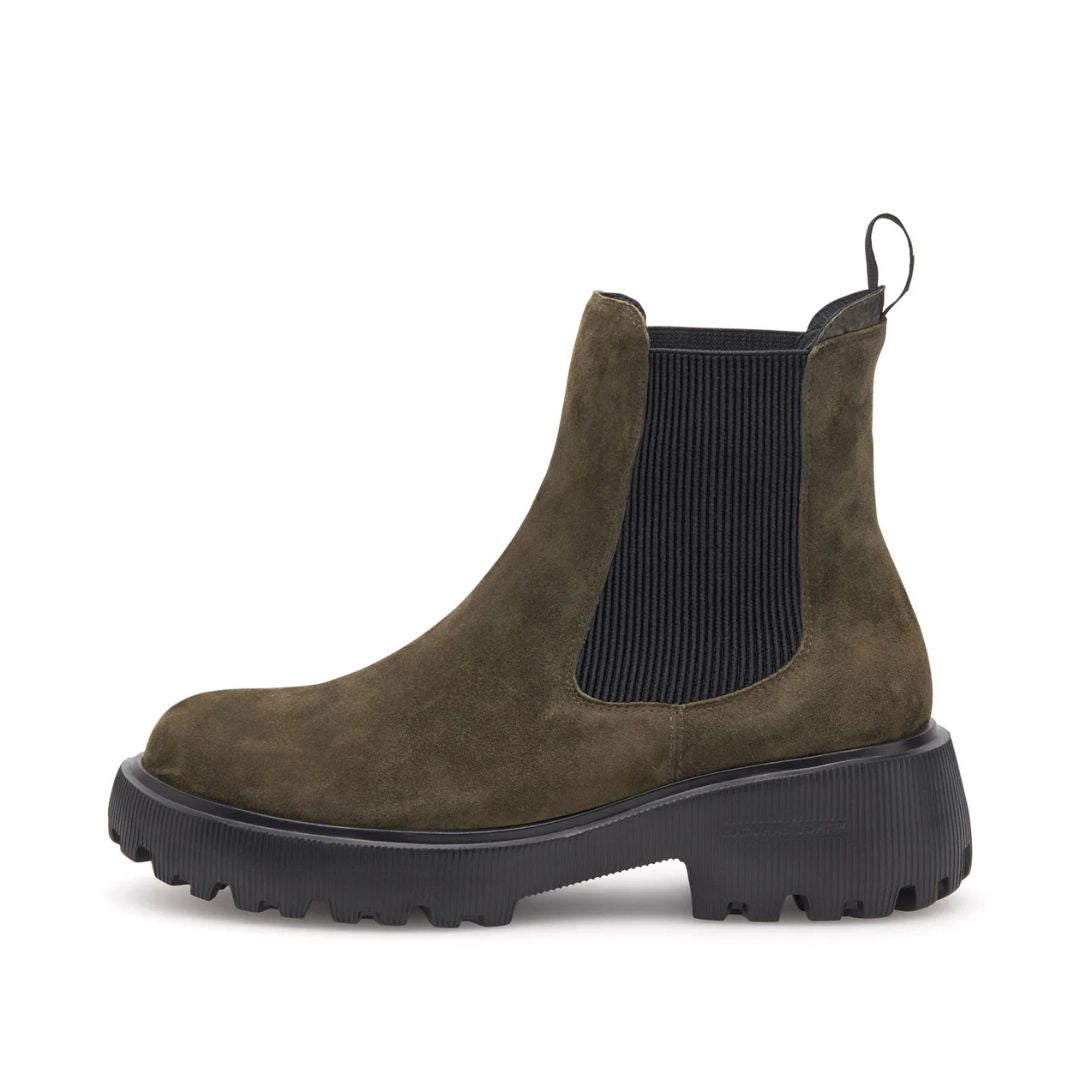- It's not you, it’s your vest.
It is recommended that you replace your vest at least every 5 years, due to exposure to outdoor conditions, and wear and tear. The 5-year replacement guideline for equestrian vests begins from the date of purchase, not the date of manufacture. Normal wear and tear, exposure to sunlight and heat, certain types of cleaning agents, and sweat are some of the many factors that can contribute to the slow degradation of a body protector, all of which begin to occur from the time the body protector is first worn.
- Has your vest seen better days?
Unlike equestrian helmets, vests are designed to withstand multiple impacts. In the event of a fall or impact, inspect your vest thoroughly for any damage to the zipper/closures, and for signs of compressed foam. While 5 years is the recommended timeframe for replacement, this guideline is dependent on the overall condition of your vest. Be sure to inspect your vest regularly for signs of wear or material failure.
3. Navigating Certifications-
- New discipline? New body protector!
Equestrian vests are designed with a variety of scenarios in mind, it’s important to make sure that you have chosen the right vest for your discipline. This can range from lightweight protection for peace of mind while schooling at home, to an ASTM | SEI certified body protector for the cross country course. Rules and regulations surrounding protective gear can vary based on your riding discipline, your region, and even your barn. Be sure to consult with your coach to confirm that you have selected the correct vest for your needs.
- Zippers, and elastics, and laces, oh my!
All components of your vest need to be in working order for your vest to be able to protect you as best as possible. Whether your vest has Velcro or lace closures, make sure the closures/zipper are kept free of lint, dirt, horse hair etc. Before putting on your back/body protector, make sure all zippers are undone and that all Velcro or lace closure are loosened. If not, this can weaken the zipper and increase the risk of zipper breakage. Failure of the zipper from incorrect adjustment will void the warranty.
- Growth spurts, wardrobe malfunctions, and everything in between
It is important to make sure your vest continues to fit you well. Several factors could contribute to a fit issue over time. If you’ve grown over the years, your vest could be too small vs when you first got it. Well-worn closures can also affect the fit of your vest over time, be sure to take proper care of your vest’s zippers, and lace/Velcro closures. Vests should fit as close to your body as possible, be sure to wear the appropriate clothing with your particular vest. For example, the Eventer Pro body protector should be worn with a light layer underneath such as a sunshirt.









